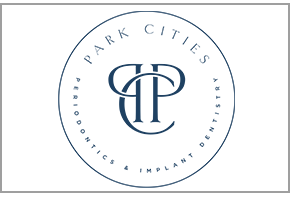For example, there appears to be a link between hormonal changes in women and periodontal disease. The hormones may exacerbate inflammation of the gums, putting menopausal women at increased risk for gum disease.
Periodontal disease occurs in stages, and as it becomes more severe, a specialist known as a periodontist will be involved in the treatment plan. If pockets develop between the gums and the teeth, if the teeth become loose or if the gums begin to recede, you will need to seek care from a periodontist.
Periodontal treatment for gum disease may range from a deep cleaning known as a root scaling and planing to surgical interventions that replace missing gum tissue. If bone and tooth loss has already occurred, the patient may need to undergo a bone graft or have dental implants placed.
If you are a menopausal or post-menopausal woman who has developed gum disease, you may benefit from a periodontal treatment known as LANAP, which stands for Laser Assisted New Attachment Procedure.
With LANAP, a thin laser fiber is used to clear out any bacteria from under the gums, and then the gums are re-sealed around the teeth. In the past, such a procedure would have required incisions with scalpels and then sutures to re-attach the gum tissue. That approach came with significant recovery time. LANAP on the other hand, results in minimal discomfort and actually requires only local anesthesia.
In addition to gum disease, menopausal women may also be concerned about bone loss and how that process can affect oral health. Bone loss can lead to tooth loss, so women who take steps to protect their bone health during and after menopause will also be protecting their oral health.
If you want to reduce your chances of developing gum disease during menopause, you can also consult with a periodontist about good oral hygiene habits that will minimize the presence of oral bacteria. Menopausal women who notice signs and symptoms of gum disease, like bleeding or receding gums, should schedule an evaluation. Call 214-949-1836 for more information and to reserve your appointment today.
